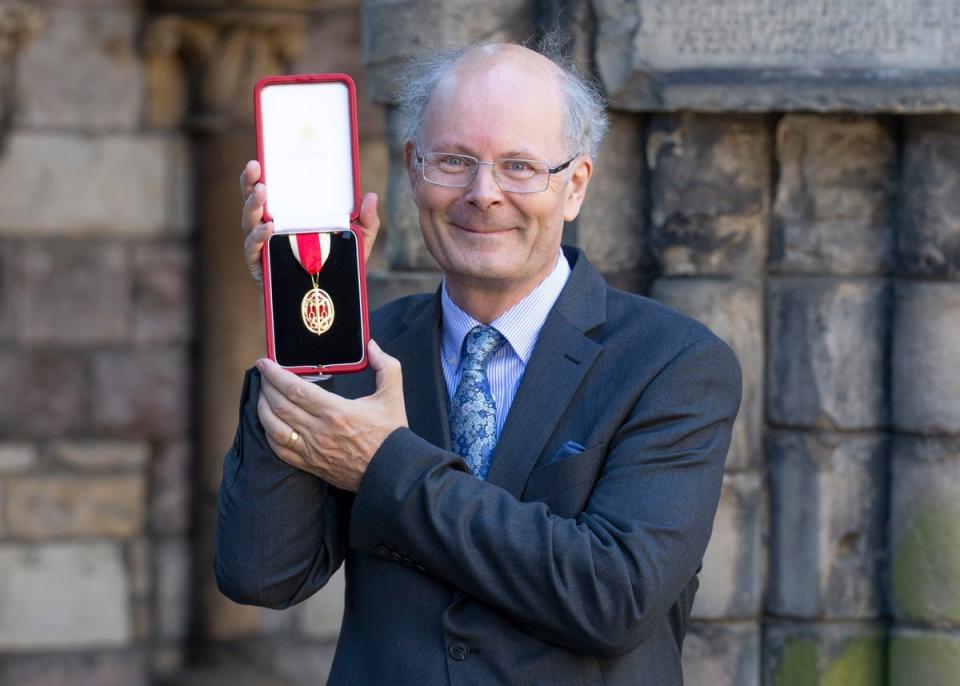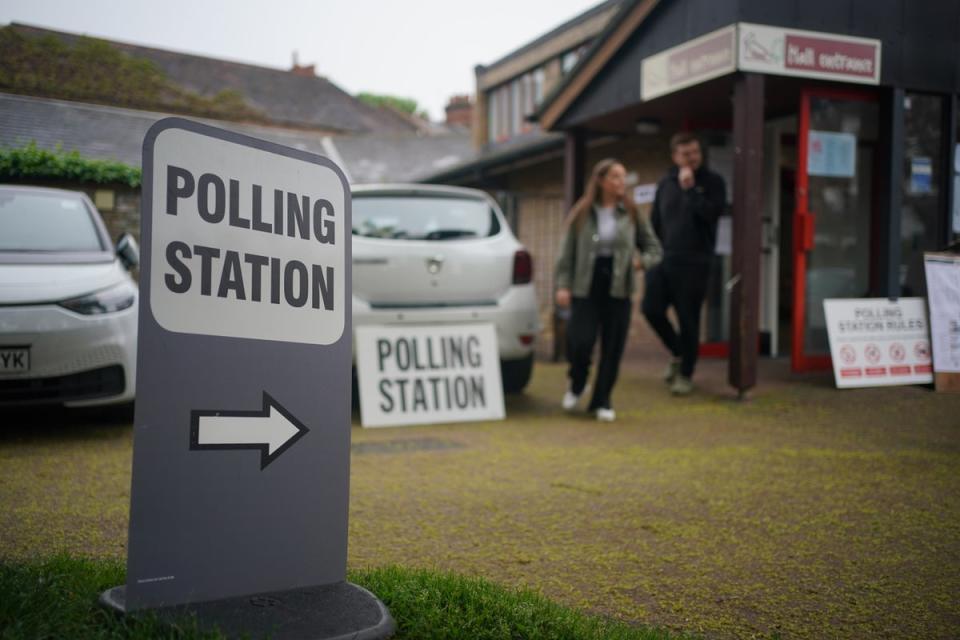Brexit driving greater wedge between voters with government trust at all time low, pollster John Curtice warns
Brexit and culture war issues are driving a firmer wedge between Labour and Tory voters, analysis by leading pollster Professor John Curtice has found.
Immediately after the Brexit referendum, Leave voters were more than twice as likely than Remain voters to say they were Conservative. But this has now grown to three times as likely, according to a new report from the National Centre of Social Research.
A record percentage of people rarely trust any government to prioritise the needs of the country over internal party interests, the research also found.
The annual survey of British Social Attitudes found 45 per cent of respondents “almost never” believe governments of any party are fully focused on challenges facing the UK, which is higher than the previous record high of 40 per cent recorded in 2009 following the MPs’ expenses scandal.
Click here for our live coverage of the general election campaign.
A record 58 per cent also said they “almost never” trust politicians of any party to “tell the truth when they are in a tight corner” – a 19-point increase from 2020.

Opinions on the rights of trans people are also a growing indicator of voting preference. Participants of the British Social Attitudes survey were asked whether they agree or disagree with the statement: “A person who is transgender should be able to have the sex recorded on their birth certificate changed if they want”.
People’s responses differed little by the party they supported when the question was first asked in 2016. However, a large political gap has now emerged between those who disagree that transgender people should be able to change their birth certificate and those who don’t.
Those who disagree with the statement are 25 percentage points more likely than those who agree to say they are a Conservative, Reform or UKIP voter.
Professor John Curtice, pollster and senior research fellow at the National Centre for Social Research (NatCen), said: “It is often suggested that now that Brexit no longer dominates the political agenda, that the battle for votes has reverted to being simply a contest between left and right.
“However, the terrain in which the parties are fighting is now a two-dimensional space in which issues of culture and identity, including Brexit, are as important as the divide between left and right.”
He said that the next government will also need to address the concerns of a population that is “as doubtful as it has ever been about the trustworthiness and efficacy of the country’s system of government”.
Professor Curtice explained: “Addressing some of the policy challenges will help in that endeavour. However, it is likely to require much more than that - in particular, a style and manner of governing that persuades people that the government has their interests at heart after all.”
There is now also a stronger relationship between pride for Britain and political party preference, NatCen found.
The Labour party and the Green party are more popular among people who say they have little or no pride in their country. Whereas the Tories are popular among people who are more patriotic.
Support for the Conservatives or a Eurosceptic party is also stronger among those who think that equal opportunities for lesbian, gay and bisexual people have gone too far.
Researchers at NatCen also found that the UK population became more liberal in attitude towards immigration between 2014 and 2021, but this trend has been partially reversed in the last three years.

Large changes were introduced to the immigration system at start of 2021 at the end of the Brexit transition period. The new system introduced a points-based system for visas, and the post-Brexit selection criteria was less strict than those applied to non-EU labour migration before Brexit.
The result has been a surge in net migration fuelled by people, mainly from India, Nigeria and China, coming to the UK for work or study.
The proportion of people who think that migrants are good for the economy is now dropping, from 51 per cent in 2021 to 40 per cent in 2024.
Similarly in 2021, 48 per cent of people said that migrants enriched Britain’s cultural life. This has now dropped to 43 per cent.
Gillian Prior, interim chief executive at the NatCen, said that public attitudes toward immigration have become “significantly more positive since 2014”. But she added: “At the same time, it is an issue on which we have become more divided both socially and politically, and attitudes have shifted somewhat in the opposition direction more recently. This helps to explain why the subject has become one of the central issues in the current general election campaign.”


